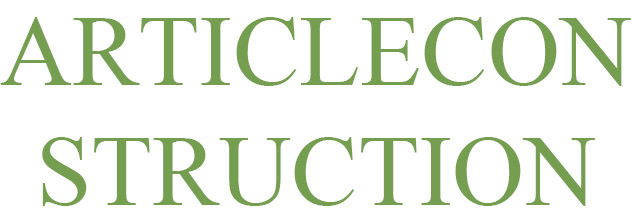Say Goodbye to Leaks: The Ultimate Guide to Choosing Welded Ball Valves for Maximum Reliability
Leaks in industrial processes can lead to significant downtime and costly repairs, making it essential to choose reliable components. One such component is the welded ball valve, known for its superior sealing and structural integrity.
Contact us to discuss your requirements of Welded Ball Valve(tr,uk,be). Our experienced sales team can help you identify the options that best suit your needs.
What are Welded Ball Valves?
Welded ball valves are a type of valve that utilizes a solid ball mechanism to control fluid flow. They are fabricated with their body and end connections welded together, offering maximum durability and minimal leakage risk.
Key Benefits of Welded Ball Valves
- Leak Prevention: The welded construction forms a hermetic seal, reducing the likelihood of leaks.
- High Pressure Resistance: These valves can withstand high pressures and temperatures, making them suitable for various applications.
- Longevity: Their robust design ensures a longer life cycle compared to traditional flanged or threaded valves.
Choosing the Right Welded Ball Valve
When selecting a welded ball valve, consider factors like the size, material compatibility, pressure rating, and temperature limits. For instance, stainless steel welded ball valves are ideal for corrosive environments.
Industry Statistics on Valve Reliability
According to a report from the Valve Manufacturers Association, improperly installed or low-quality valves account for up to 30% of fluid control failures. Choosing high-quality welded ball valves can significantly reduce these incidents.
Case Study: Chemical Processing Plant
At a leading chemical processing facility, the implementation of welded ball valves in their piping system reduced leak incidents by 70% over a year. The maintenance costs dropped considerably, demonstrating the effectiveness of choosing reliable components.
Common Applications of Welded Ball Valves
- Chemical production
- Oil and gas transportation
- Water treatment facilities
- Pulp and paper industries
Frequently Asked Questions
1. What materials are welded ball valves made from?
Common materials include stainless steel, carbon steel, and various alloys, each chosen based on the application’s specific requirements.
If you are looking for more details, kindly visit our website.
2. How do I install a welded ball valve?
Installation typically requires welding equipment and should be performed by qualified personnel to ensure integrity and prevent leaks.
3. Are welded ball valves more expensive than traditional valves?
While the upfront cost may be higher, the long-term savings from reduced leaks and maintenance often outweigh the initial investment.
4. How do welded ball valves compare to other valve types?
In terms of sealing capability and durability, welded ball valves outperform threaded or flanged valves, especially in high-pressure applications.
5. What maintenance do welded ball valves require?
Welded ball valves generally require minimal maintenance. Regular inspections for wear and tear are recommended to ensure optimal performance.
By understanding the advantages and proper selection of welded ball valves, industries can greatly enhance their operational reliability and minimize costly leaks.
For more information, please visit RKS.



